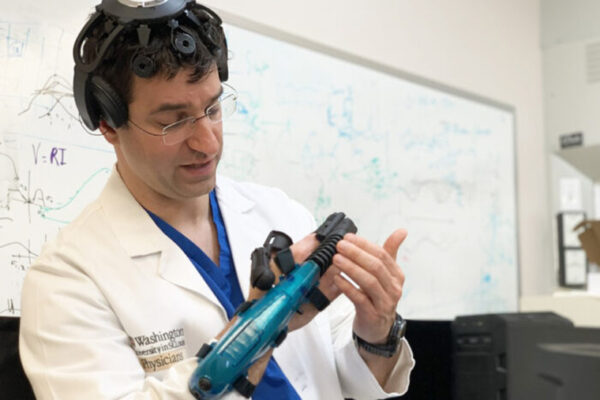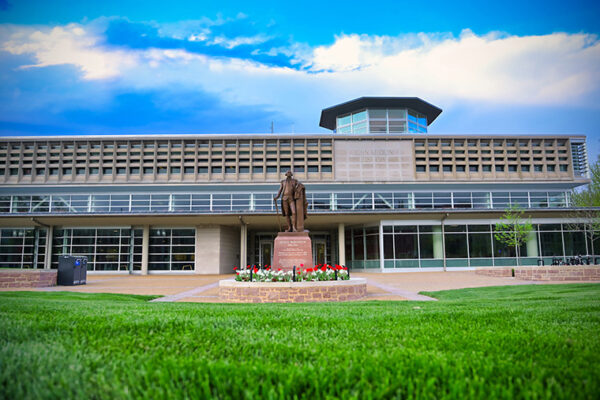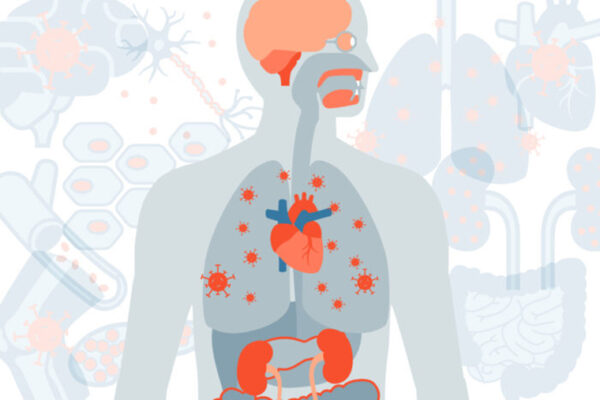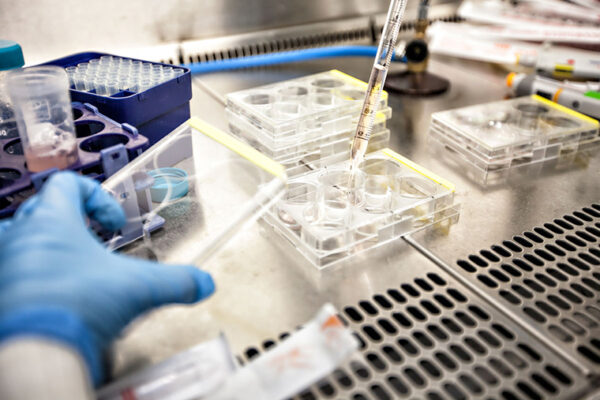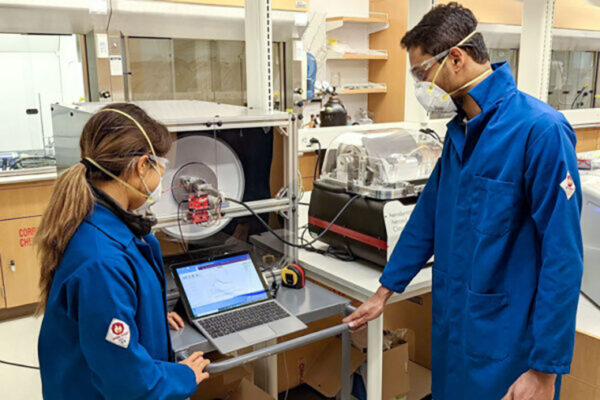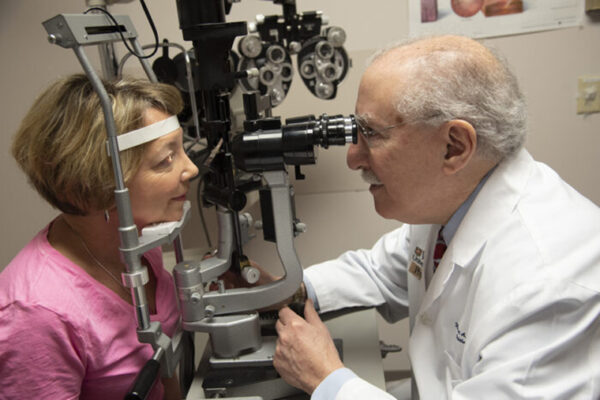Stroke-recovery device using brain-computer interface receives FDA market authorization
A first-of-its kind device that helps people disabled by stroke regain significant control over their arm and hand function by using their minds has received market authorization from the Food and Drug Administration. The system developed by Neurolutions Inc., a WashU startup, relied on innovative multidisciplinary research at the university.
Deeds appointed interim vice provost and university librarian
Leland Deeds, associate university librarian at Washington University in St. Louis, has been appointed interim vice provost and university librarian, Provost Beverly Wendland announced.
Anti-aging compound that improves metabolic health in mice improves muscle glucose metabolism in people
In the first clinical trial of nicotinamide mononucleotide (NMN), School of Medicine researchers have found that the compound previously demonstrated to counteract aspects of aging and improve metabolic health in mice also has clinically relevant effects in people.
Among COVID-19 survivors, an increased risk of death, serious illness
A new study from the School of Medicine shows that even mild cases of COVID-19 increase the risk of death in the six months following diagnosis. The comprehensive study also catalogues the wide-ranging and long-term health problems often triggered by the infection, even among those not hospitalized.
Personalized cancer vaccines for breast, pancreatic cancers show promise
Researchers at Washington University School of Medicine have shown that personalized cancer vaccines made using DNA can program the immune system to attack malignant tumors, including breast and pancreatic cancers.
Washington University researchers to design detectors of airborne SARS-CoV-2
A team of researchers at Washington University is developing devices to detect the virus that causes COVID-19 in the air.
Women seeking help for unmet needs often overdue for cervical cancer screenings
Scientists at Washington University found in a study that a new, more involved approach is needed to get women who need help with basic resources to undergo screenings for cervical cancer.
Larry J. Johnson, longtime employee in environmental health, 68
Larry J. Johnson, a radiation safety specialist for decades in the Office of Environmental Health & Safety at Washington University in St. Louis, died of a heart attack at his home in St. Louis on April 2, 2021. He was 68.
Treatment not always needed to prevent vision loss in patients with elevated eye pressure
More than 20 years after the launch of a landmark clinical trial led by the School of Medicine’s Michael A. Kass, MD, follow-up exams and analyses found that not all patients with elevated eye pressure need pressure-lowering treatment to prevent vision loss from glaucoma.
Gordon receives Kober Medal
Jeffrey Gordon, MD, has received the 2021 Kober Medal, one of the highest awards in academic medicine. Given by the Association of American Physicians, the honor recognizes Gordon’s extraordinary contributions to the field of gut microbiome research.
View More Stories
